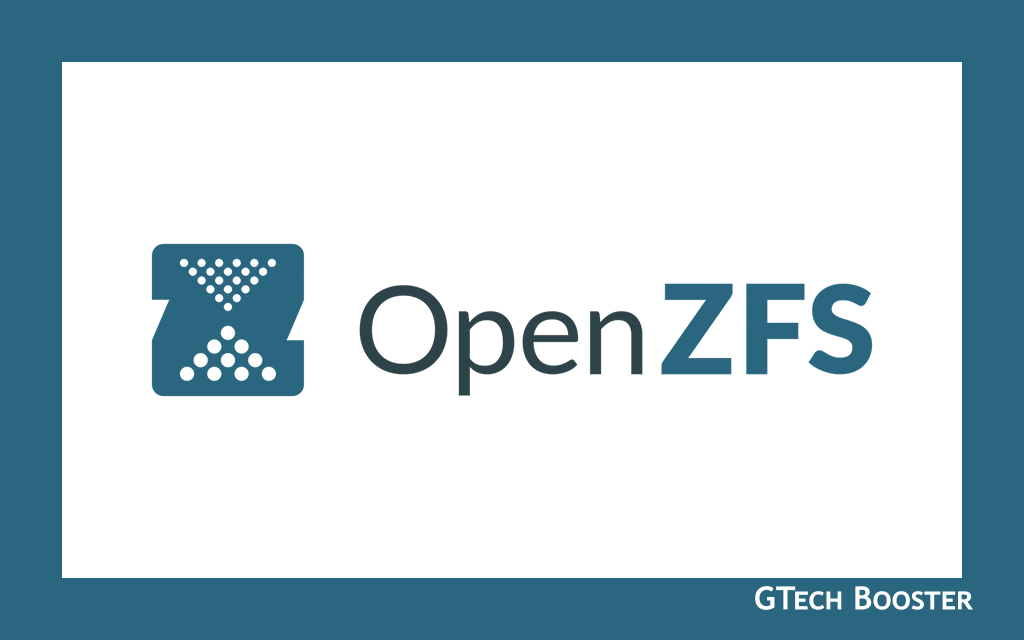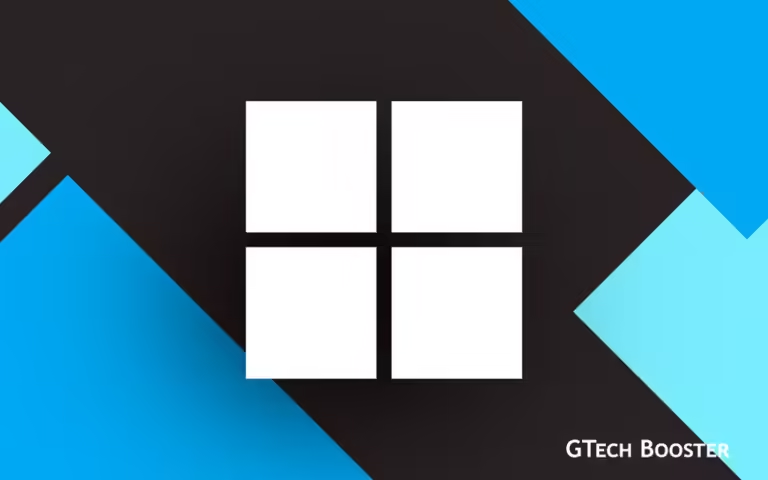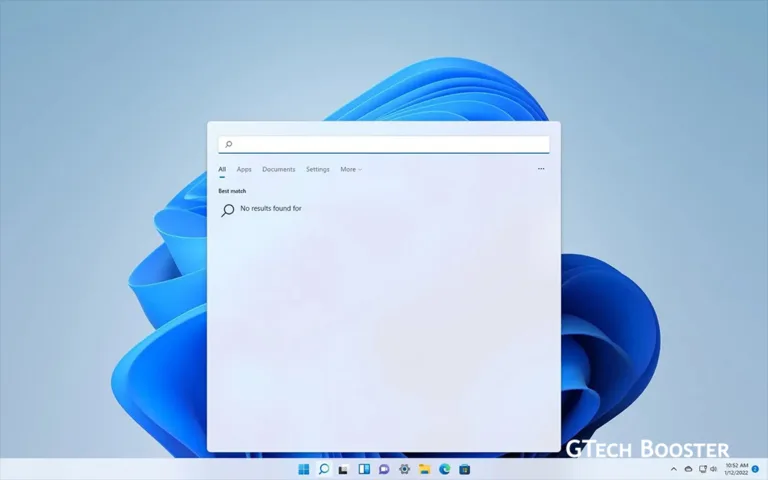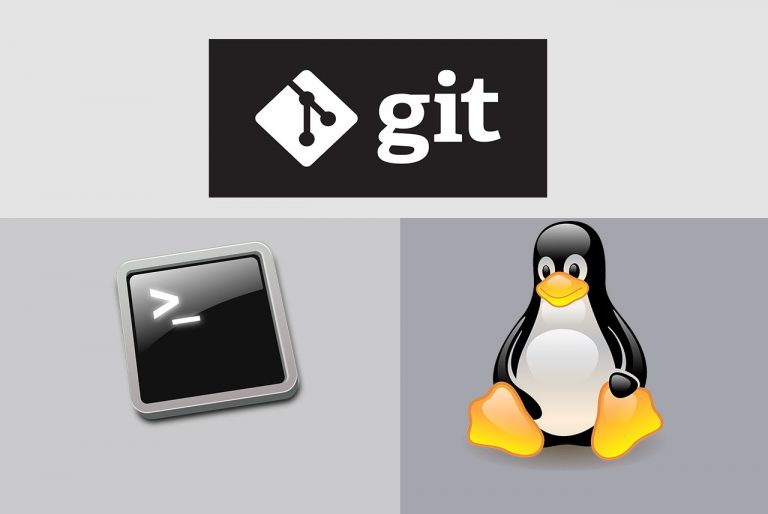The Zettabyte File System ZFS
Zettabyte File System, is an advanced file system and logical volume manager initially developed by Sun Microsystems for the Solaris operating system.

ZFS, or Zettabyte File System, is an advanced file system and logical volume manager initially developed by Sun Microsystems for the Solaris operating system. It was designed to address significant challenges found in traditional file systems, offering robust features that enhance data integrity, scalability, and storage management.
ZFS combines the functionalities of a file system and a volume manager into a single entity. This integration eliminates the need for separate volume management layers, simplifying administration and enhancing performance. The architecture consists of storage pools (zpools) made up of virtual devices (vdevs), which manage the physical disks as a cohesive unit.
Data Integrity
ZFS employs checksums for all data, enabling it to detect and automatically correct errors using redundant copies when necessary. This self-healing capability ensures that data remains consistent and reliable over time.
Pooled Storage
Unlike conventional file systems that operate on individual disks, ZFS aggregates multiple physical storage devices into a single pool. This allows for dynamic allocation of storage space, where additional drives can be added without complex reconfiguration.
Snapshot
ZFS supports the creation of snapshots—read-only copies of file systems or volumes at a specific point in time. Snapshots are quick to create and initially consume no additional disk space, enabling efficient backup and recovery processes.
Scalability
Designed as a 128-bit file system, ZFS can theoretically support up to 256 quadrillion zettabytes of data. It dynamically allocates metadata and does not impose limits on the number of files or directories, making it suitable for large-scale storage solutions.
RAID-Z
ZFS includes built-in RAID capabilities (RAID-Z), which provide data redundancy without the write penalty typically associated with traditional RAID configurations. This allows for efficient use of disk space while maintaining high levels of data protection.
A detailed beginner guide
Follow the the Beginner Course to achieve much detailed appreciation of the ZFS filesystem.
Originally part of Solaris, ZFS was open-sourced as OpenSolaris in 2005 but later faced licensing changes after Oracle’s acquisition of Sun Microsystems. Today, it is maintained by the OpenZFS project, with implementations available across various Unix-like operating systems, including FreeBSD and Linux. ZFS stands out as a powerful solution for modern data storage needs, particularly in enterprise environments where data integrity, scalability, and efficient management are paramount.















